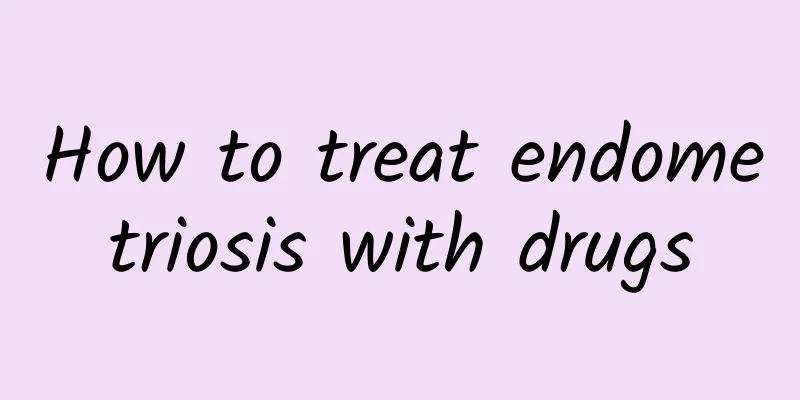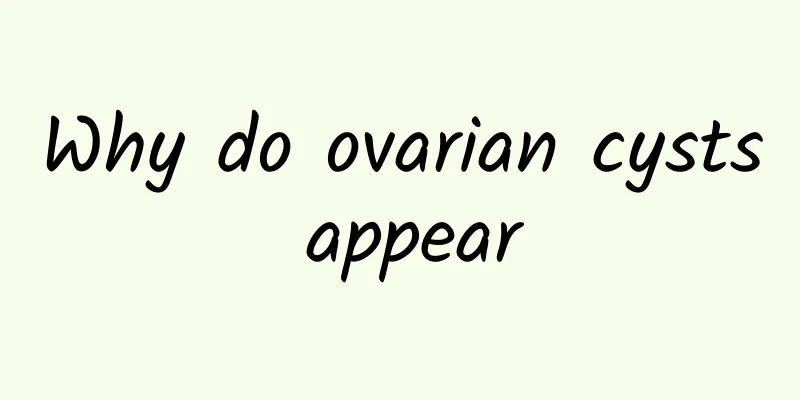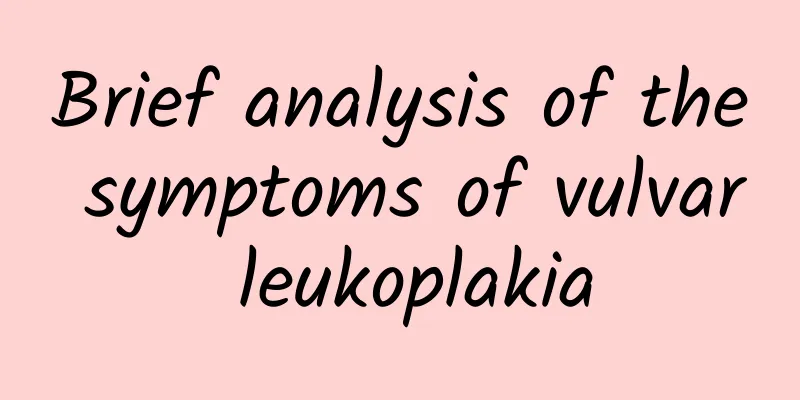How to treat endometriosis with drugs

|
The treatment of endometriosis mainly includes hormone drugs, non-steroidal anti-inflammatory drugs and traditional Chinese medicine, which aims to relieve symptoms and control the progression of the disease. The cause of the disease involves multiple factors such as genetics, immune disorders, and abnormal menstrual reflux. Drug treatment improves symptoms by regulating hormone levels or inhibiting inflammatory responses. 1. Hormonal drugs inhibit the growth of ectopic endometrium by regulating hormone levels in the body. Commonly used drugs include oral contraceptives, progestins, and GnRH analogs. Oral contraceptives such as ethinyl estradiol and cyproterone acetate can reduce menstrual volume and relieve pain; progestins such as dydrogesterone acetate directly inhibit endometrial growth; GnRH analogs such as leuprorelin inhibit ectopic lesions by reducing estrogen levels. 2. Nonsteroidal anti-inflammatory drugs relieve pain by inhibiting prostaglandin synthesis. Common drugs include ibuprofen, naproxen, and diclofenac. Oral ibuprofen can relieve menstrual pain; naproxen has a good effect on pelvic inflammation; diclofenac has a strong anti-inflammatory and analgesic effect and is suitable for patients with moderate to severe pain. 3. Chinese medicine treatment focuses on overall conditioning. Commonly used medicines include Guizhi Fuling Pills, Taohong Siwu Decoction, and Xuefu Zhuyu Decoction. Guizhi Fuling Pills warm the meridians and dispel cold, promote blood circulation and remove blood stasis; Taohong Siwu Decoction replenishes blood and promotes blood circulation, regulates qi and blood; Xuefu Zhuyu Decoction promotes qi and blood circulation, removes blood stasis and relieves pain. It is necessary to use medicines according to syndrome differentiation under the guidance of a Chinese medicine practitioner. In addition to drug treatment, patients also need to maintain good living habits, avoid overwork, and do aerobic exercise such as yoga and walking to promote blood circulation in the pelvic floor. In terms of diet, it is recommended to increase the intake of foods rich in vitamin C and vitamin E, such as citrus fruits and nuts, and reduce the intake of spicy and irritating foods. Regular review and early intervention can help control the progression of the disease. |
<<: What are the symptoms of adnexitis?
>>: What are the symptoms of functional uterine bleeding?
Recommend
Common complications of irregular menstruation
Irregular menstruation is a common gynecological ...
Are functional uterine bleeding and irregular menstruation the same? How to treat it?
Dysfunctional uterine bleeding and irregular mens...
Why do I have uterine fibroids after a miscarriage? Is it normal to have uterine fibroids after a miscarriage?
Why do I have uterine fibroids after a miscarriag...
What should patients with multiple uterine fibroids pay attention to in their diet?
Patients with multiple uterine fibroids should pa...
Treatment of vulvar pain and abnormal vaginal discharge
Vulvar pain accompanied by abnormal vaginal disch...
What causes brown discharge during pregnancy?
Brown discharge during pregnancy may be due to ph...
Can I prepare for pregnancy if I have endometrial tuberculosis?
Endometrial tuberculosis is a gynecological disea...
A "Hao Long" Mayor Hao Longbin's weight increased slightly after health check
Really "Hao Jiankang"! Taipei Mayor Hau...
What is the treatment for mild cervical erosion? Mild cervical erosion is suitable for treatment with two methods
In daily life, many women who suffer from cervica...
What should I pay attention to when using surgery to treat ovarian cysts?
Many patients with ovarian cysts are troubled by ...
What are the causes of recurrent miscarriage? It may be caused by these 6 reasons
In fact, many women suffer from recurrent miscarr...
What are the specific manifestations of ovarian cyst symptoms?
Nowadays, many people will have symptoms of ovari...
Destroy fatty liver! Half an hour of intermittent exercise every day
The doctor told me I have fatty liver, what shoul...
What causes uterine fibroids?
Not all uterine fibroids have obvious symptoms. S...
What are the harms of abortion to women's health? 6 harms of abortion should not be ignored
The harm of female abortion cannot be ignored 1. ...









